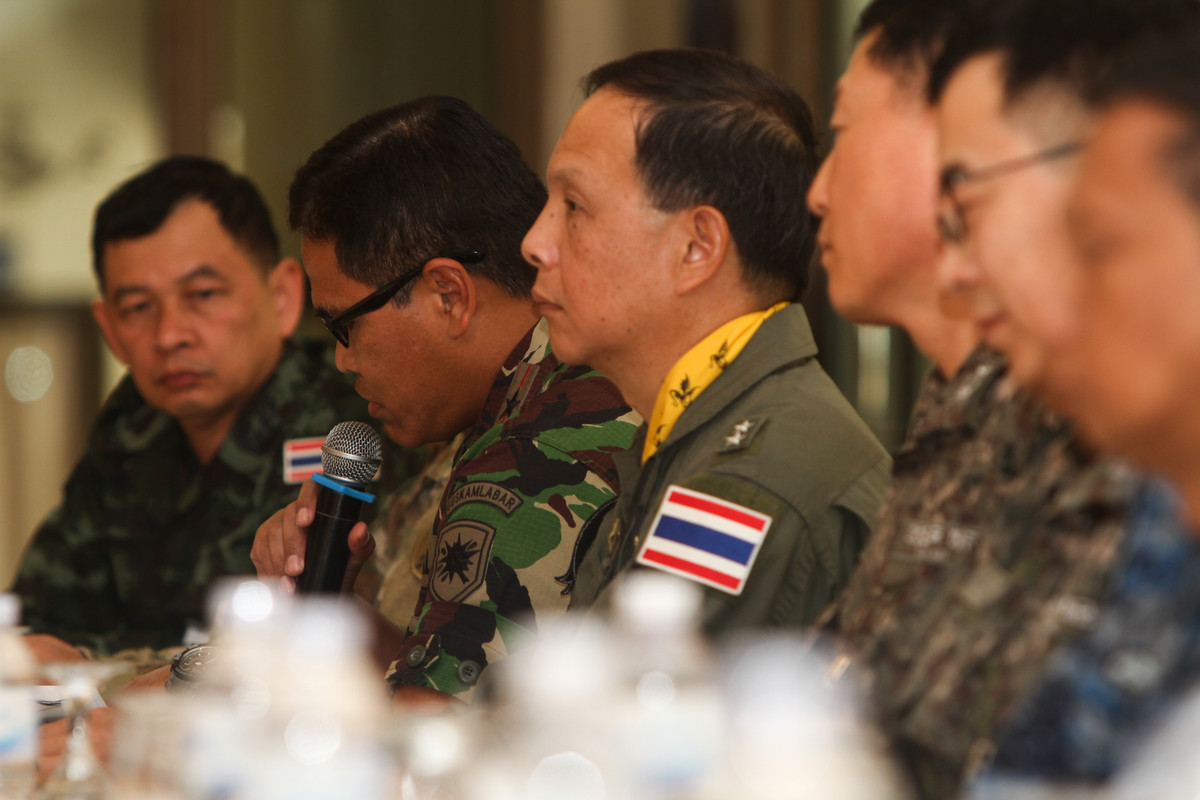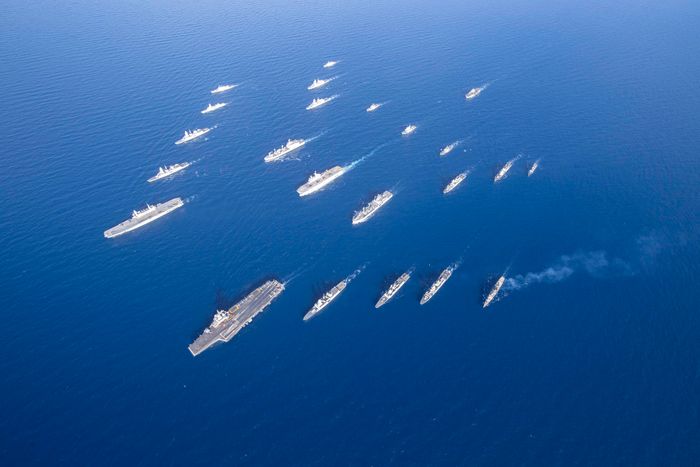Drivindeath
United Mexican States
- Aug 14, 2020
- 1,871
After much infighting between pro government forces and multiple different rebel factions, things seemed to stall.
In 2003, a coalition of rebel groups formed in the Northwestern region of Syria. This group renamed to the Islamic Republican Guard of the Levant or IRGL. This group comprised of over 20 different factions, all aligning for a similar cause. In the Northeast Kurdish led forces led assaults on IRGL and pro government forces. Pro government forces were able to repel all assaults' and quickly moved in to secure major assets such as oil fields, farms, and populated cities.

By 2004 IRGL split and a second civil war took place. Syria became a breeding ground for terrorism overnight. Kurdish forces and pro government forces acted quickly to gain as much territory as possible. However, in the same year the IRGL returned with the predominate group being the Islamic Liberation Army in Levant or ILAL. Their goal was to eradicate the pro government forces and establish an Islamic Republic. ILAL quickly organized and sent a non-aggression pact to the Kurdish forces. The terms were for the Kurds to return the Aleppo Governorate and in exchange when the fighting is over, the IRGL would create an independently run region in the north for the Kurds. With the deal signed, both the Kurds and IRGL turned their attention to the Pro Government forces.

By the end of 2005 the head of the Syrian Government was captured and beheaded on national television. IRGL took control of Damascus. IRGL immediately betrayed the Kurds and went on an all out offensive in the north.

Currently two territories are contested. IRGL is beginning to fracture once more as groups in the coalition fight for power. The Kurdish led forces are on the retreat. It is currently unknown who is leading the country but some suspect it is the leader of ILAL, Muhammad Qasim, a former member of the Taliban.
In 2003, a coalition of rebel groups formed in the Northwestern region of Syria. This group renamed to the Islamic Republican Guard of the Levant or IRGL. This group comprised of over 20 different factions, all aligning for a similar cause. In the Northeast Kurdish led forces led assaults on IRGL and pro government forces. Pro government forces were able to repel all assaults' and quickly moved in to secure major assets such as oil fields, farms, and populated cities.
By 2004 IRGL split and a second civil war took place. Syria became a breeding ground for terrorism overnight. Kurdish forces and pro government forces acted quickly to gain as much territory as possible. However, in the same year the IRGL returned with the predominate group being the Islamic Liberation Army in Levant or ILAL. Their goal was to eradicate the pro government forces and establish an Islamic Republic. ILAL quickly organized and sent a non-aggression pact to the Kurdish forces. The terms were for the Kurds to return the Aleppo Governorate and in exchange when the fighting is over, the IRGL would create an independently run region in the north for the Kurds. With the deal signed, both the Kurds and IRGL turned their attention to the Pro Government forces.
By the end of 2005 the head of the Syrian Government was captured and beheaded on national television. IRGL took control of Damascus. IRGL immediately betrayed the Kurds and went on an all out offensive in the north.
Currently two territories are contested. IRGL is beginning to fracture once more as groups in the coalition fight for power. The Kurdish led forces are on the retreat. It is currently unknown who is leading the country but some suspect it is the leader of ILAL, Muhammad Qasim, a former member of the Taliban.



















